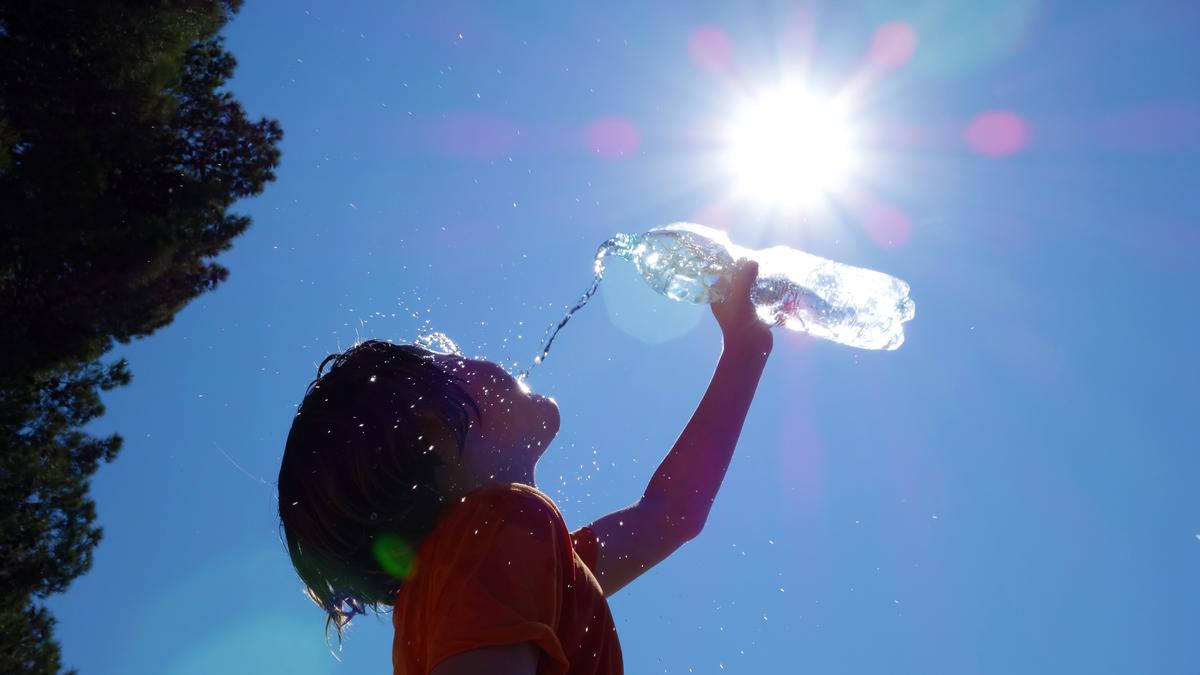
Sweetened cold water was served to the village folk going to annual fairs in June.
| Photo Credit: Getty Images
Summer has played truant in many parts of northern India this year. In the first week of June, the mountain ranges of Dhauladhar that landscape Dharamshala received a good amount of snow, injecting a chill in the air. Paradoxically, it brought back memories of the summer seasons once lived.
Returning home from school in a hot summer afternoon was an ordeal. Water was stored in earthen pitchers under tree shade and at the closing bell, all of us would leave the school after gulping down large volumes of it with cupped hands.
After about a mile of walking, we would halt at a charitable water station under the shade of a banyan tree on a hillock for the weary travellers. After a few minutes of rest, we would walk to the next such station in the hope of getting colder water there. Such places serving thirsty travellers exist even today.
Sweetened cold water was served to the village folk going to annual fairs in June. The fairs had their own charm, but equally inviting was the sweetened water. Fairs offered jalebis, aloo chhole, pakodas, and candy floss as also some other sweetmeats. Kulfis were sold for five paise a piece. It was my first introduction to commercially frozen water.
Clandestine sale of alcohol in the fair announced itself when a few inebriated souls reeled around. Toys apart, scaffolds for handheld fans that women would frill and weave to their own fancy would be on sale. There being no electrification in most rural areas, such fans were an essential part of households and the traditional dowry. A shop selling pitchers and other baked clay utensils was a regular feature. Many would carry home a watermelon.
Cold drinks had not reached the villages then. A joint selling tea would shut shop during summer, there being no takers. The common refrain was that tea “consumed” the liver. Water scarcity was the norm.
Every family member had to fetch water from the village well early in the morning. At the place of a relative, a little gorge in the shade of trees was a hidden treasure of freshwater where naturally filtered water dripped through moist clay; a drop at a time that was guided into a pail by a fresh lemon leaf.
Abandoned during rains and winter, deep wells were cleansed just before summer. Some of the lucky few who owned a parcel of land near the rivulet had personal wells; it was a privilege. Grown-up boys went to the lagoons. Evenings were spent under the Peepal tree with a platform. Most of us slept in the open after sprinkling water in the courtyard to beat the heat.
Summer was a tough season that taught us to resolve the hardships at hand; it also made us understand charity as a service and a value while exploring the bounties of nature and enjoying our life and times.
Published – July 27, 2025 04:40 am IST
